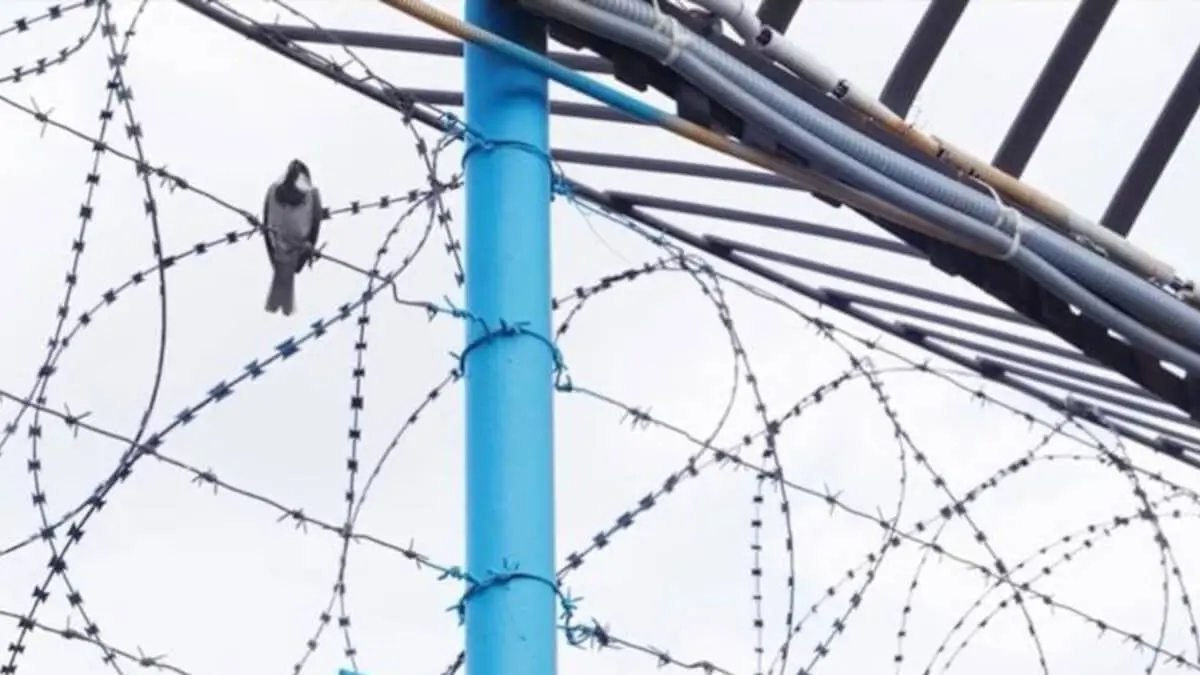Counter-terrorism increasingly endangers innocent citizens

In his first report to the Human Rights Council, a UN independent expert describes a counter-terrorism landscape rife with human rights violations, including killings, arbitrary detention, torture, unfair trials, violations of privacy and criminalisation of freedoms of expression, assembly, association and political participation.
"The misuse of counter-terrorism measures not only violates the rights of suspected criminals, but can also jeopardise the freedoms of innocent people," said the UN Special Rapporteur** on the promotion and protection of human rights while countering terrorism.
Ben Saul notes that more than two decades of prolific global efforts to combat terrorism have not been matched by an equally strong commitment to human rights.
Against civil society
The expert condemned the proliferation of overly broad terrorist crimes against civil society, including political opponents, activists, human rights defenders, journalists, minorities and students. Unjustified and prolonged states of emergency continue to undermine human rights, the expert warned.
"Excessive military violence in response to terrorism also destroys fundamental rights, including through violations of international humanitarian law and international criminal law," Saul said, adding that "states are increasingly resorting to cross-border military violence even when it is not justified under international law of self-defence".
"Many states have also failed to address the root causes of terrorism, including state violations of human rights, while impunity for such violations is endemic," he said.
UN part of the problem
Saul said that, unfortunately, the UN has been part of the problem, encouraging authoritarian regimes to strengthen anti-terrorism laws in the absence of a culture of rule of law or human rights safeguards.
"The UN must also do more to meaningfully consult civil society on counter-terrorism," he said.
In announcing his priorities for his three-year term, the special rapporteur said he would focus on:
- ensuring that regional organisations respect human rights in the fight against terrorism
- that all administrative coercive measures used to prevent terrorism respect human rights
- that states are held accountable for large-scale human rights violations arising from the fight against terrorism, and that victims receive full and effective remedies.
Saul will also continue his predecessor's efforts in:
- preventing the abuse of counter-terrorism measures against civil society
- the protection of the 70,000 people arbitrarily detained in northeast Syria in the conflict against ISIL
- the protection of those detained and transferred from the Guantanamo Bay detention centre in Cuba
- the safeguarding by the UN of human rights in its work against terrorism, the regulation of new technologies used in the fight against terrorism
- the protection of victims of terrorism.
Rising authoritarianism
"Human rights in counter-terrorism are increasingly at risk from rising authoritarianism, growing domestic polarisation and extremism, geopolitical competition, Security Council dysfunction and new tools, including social media, to fuel dehumanisation, vilification, incitement and disinformation," the special rapporteur warns.
"Double standards and selectivity by major powers in the implementation of human rights are also eroding public confidence in the credibility of the international human rights system," he says.
"States must move beyond rhetorical commitment to human rights and instead place human rights at the centre of all counter-terrorism measures," he concludes.
*Special Rapporteurs and other independent rights experts are part of what are known as the Special Procedures of the Human Rights Council. They are not part of the UN staff, are independent of any government or organisation and do not receive a salary for their work.
**Ben Saul is the Special Rapporteur on the promotion and protection of human rights and fundamental freedoms while countering terrorism.








